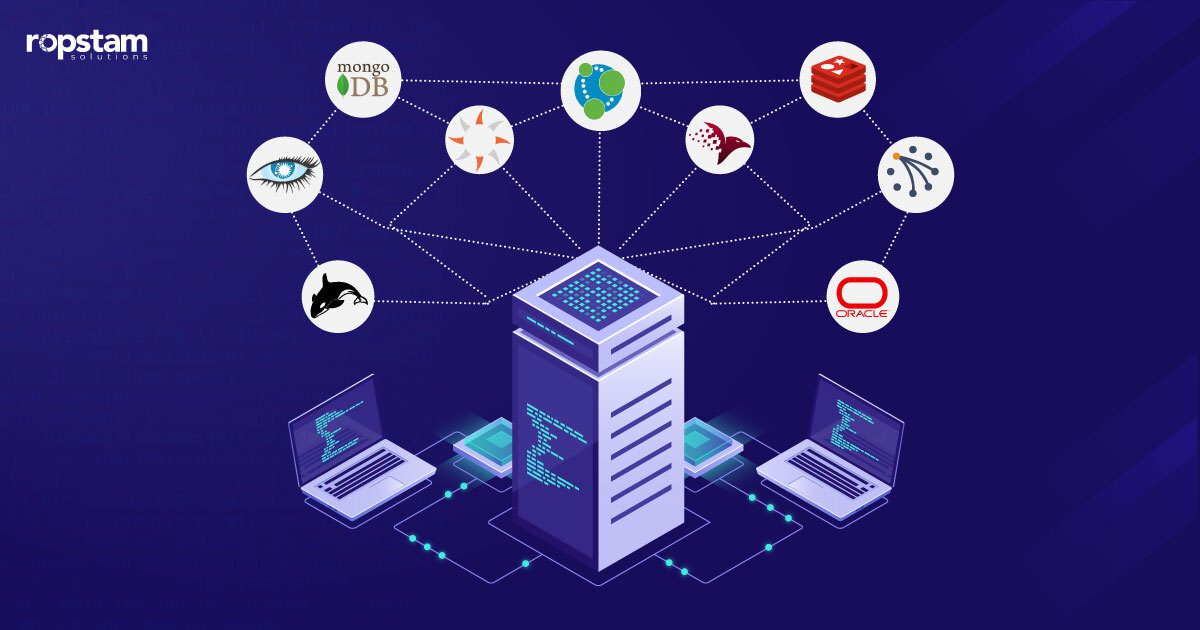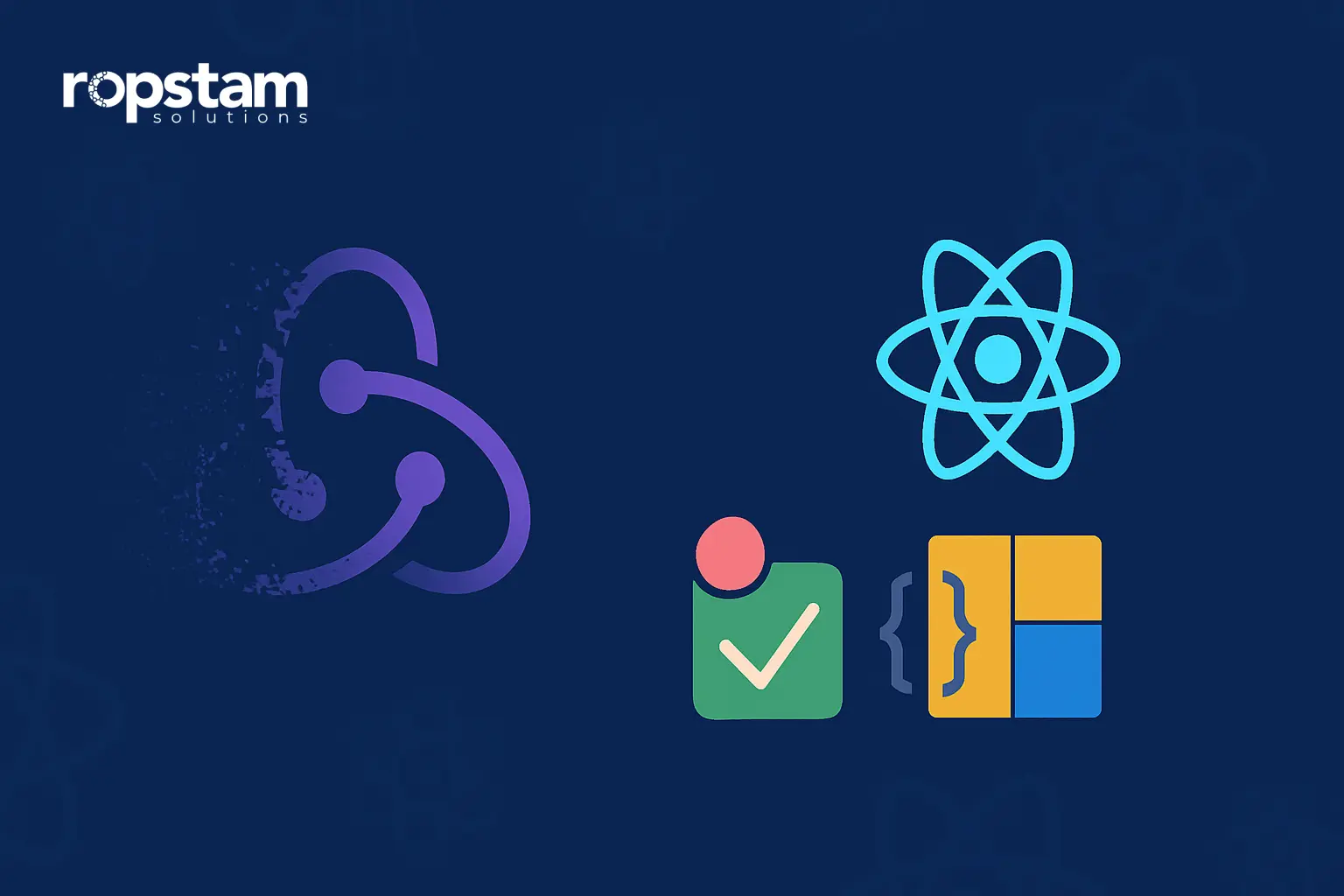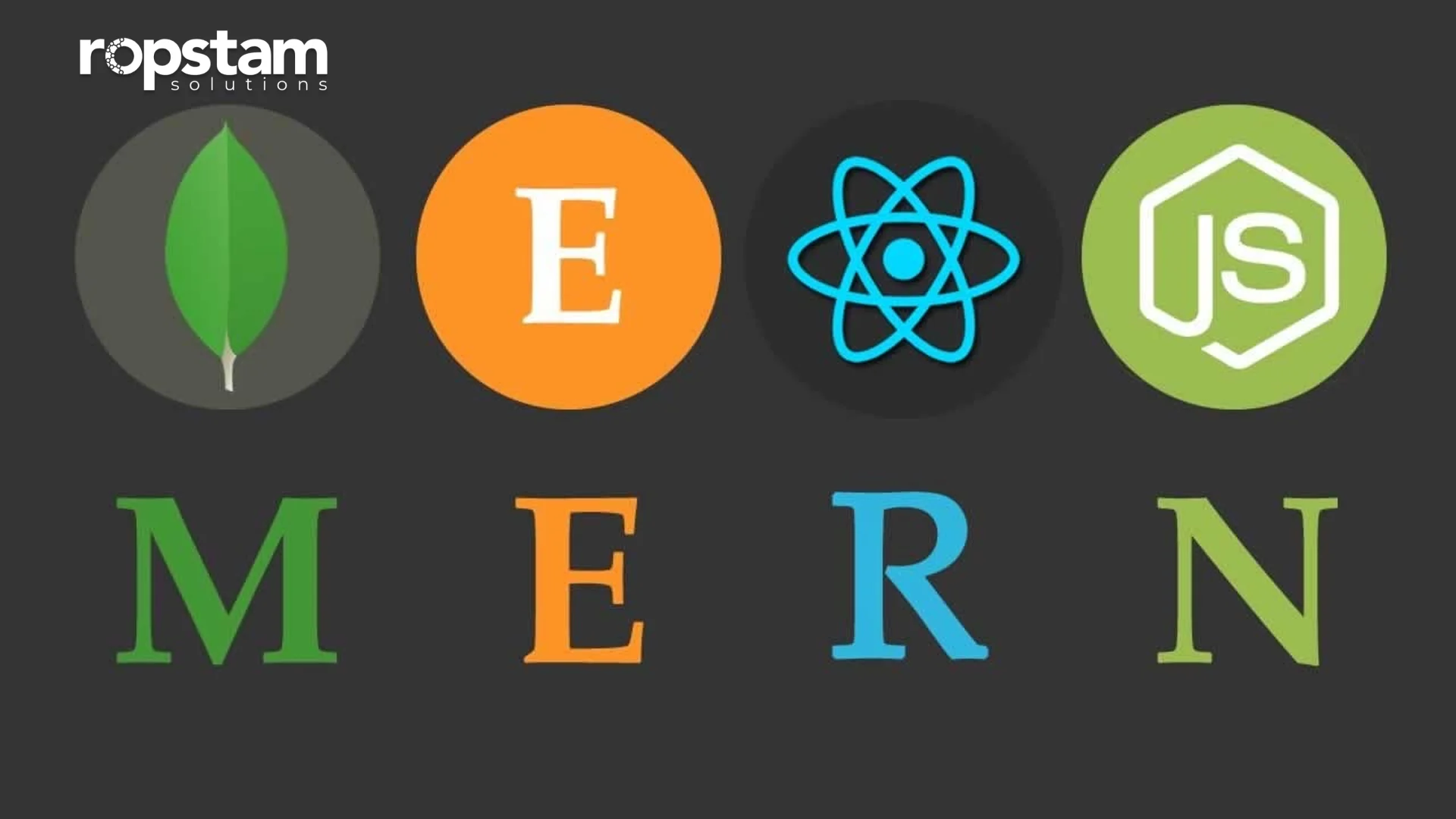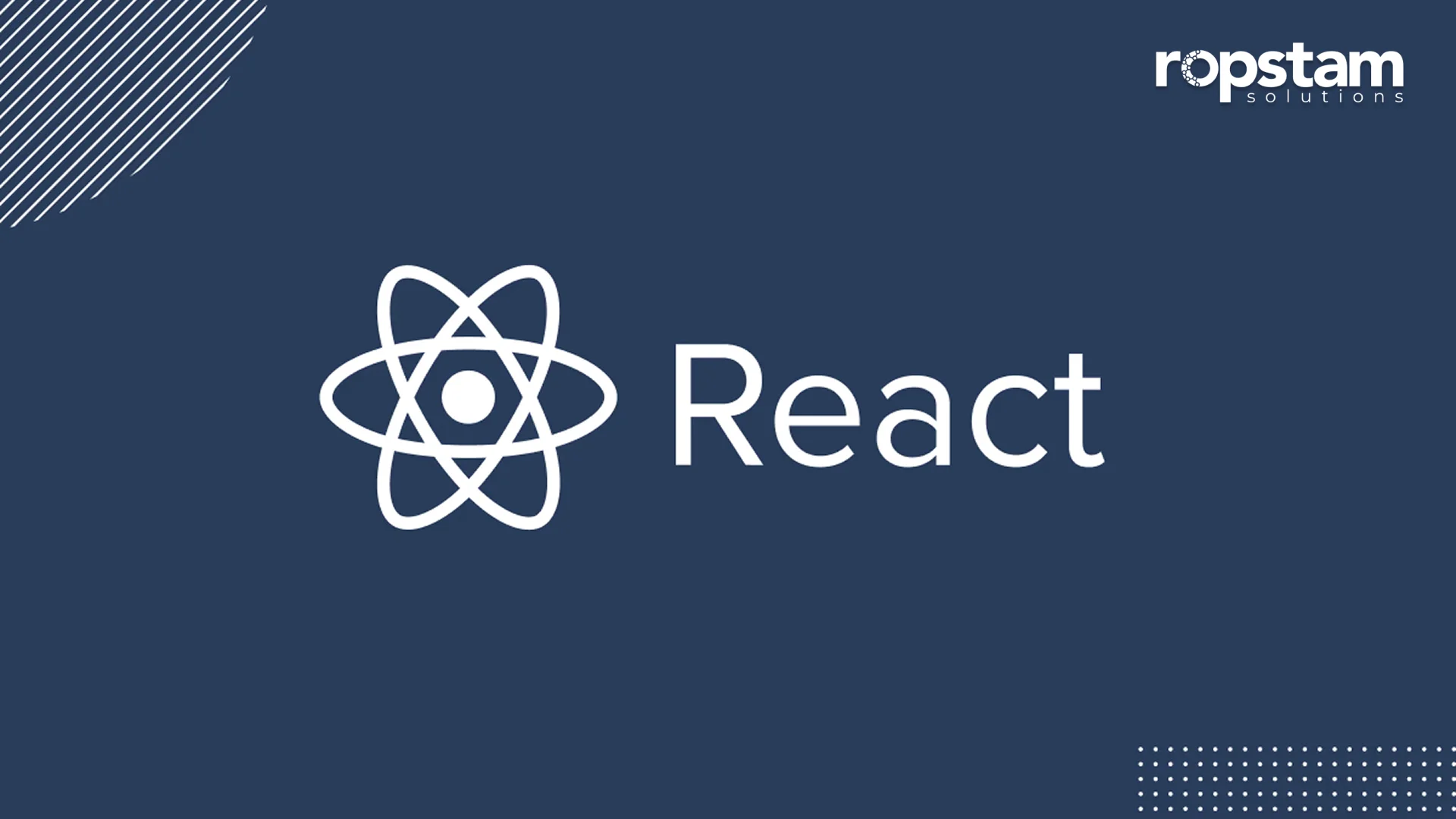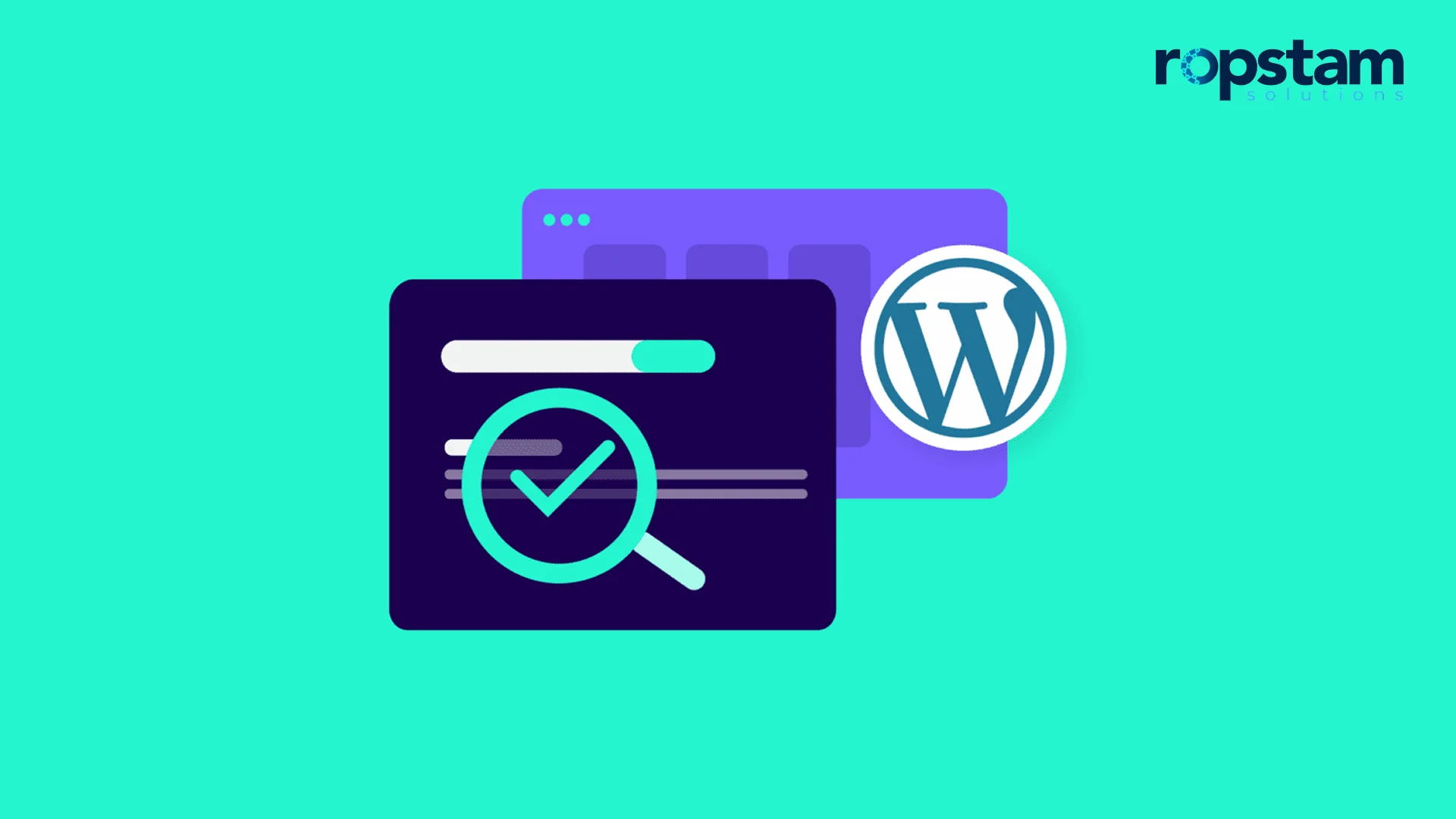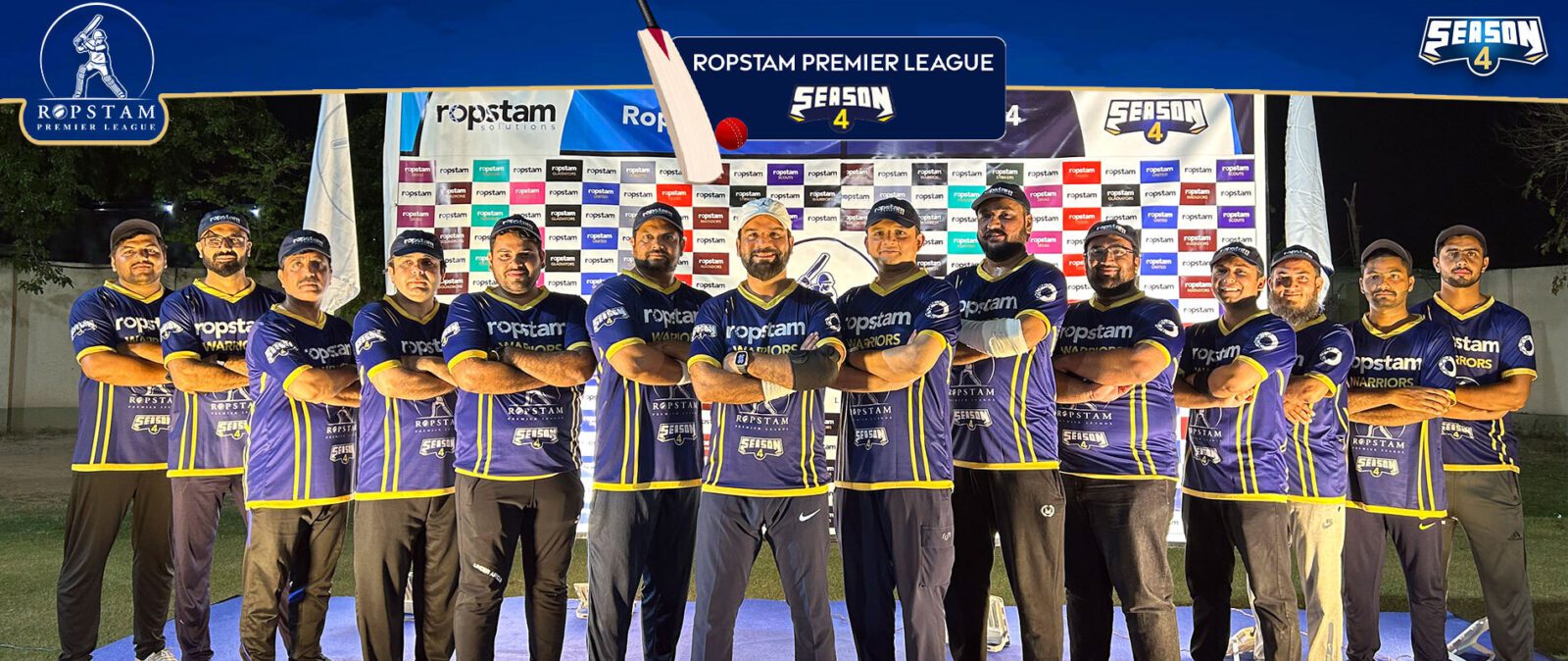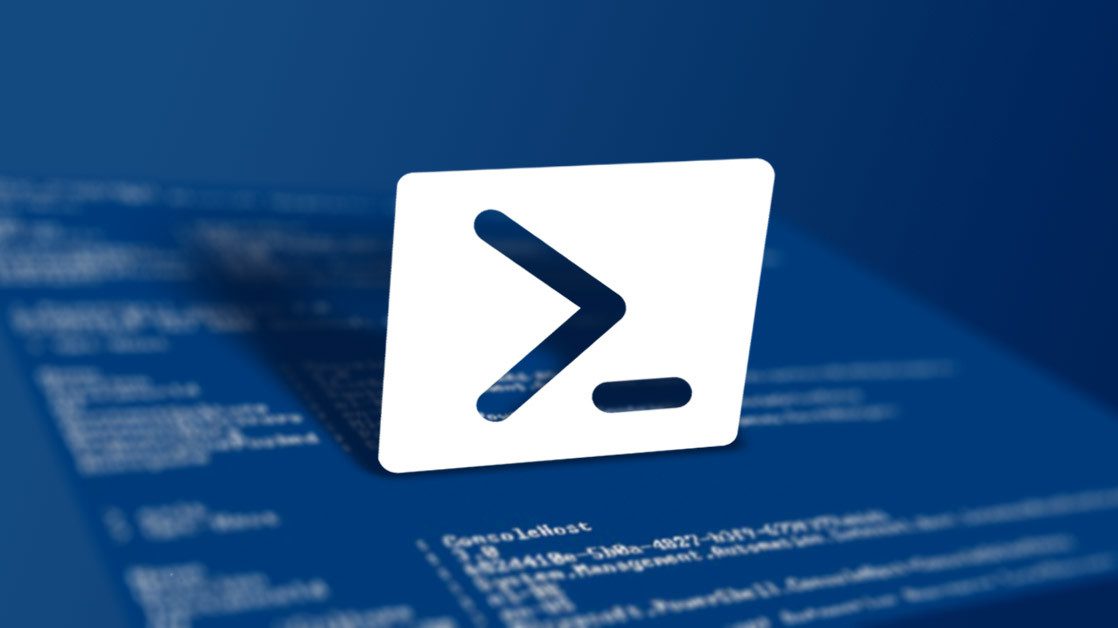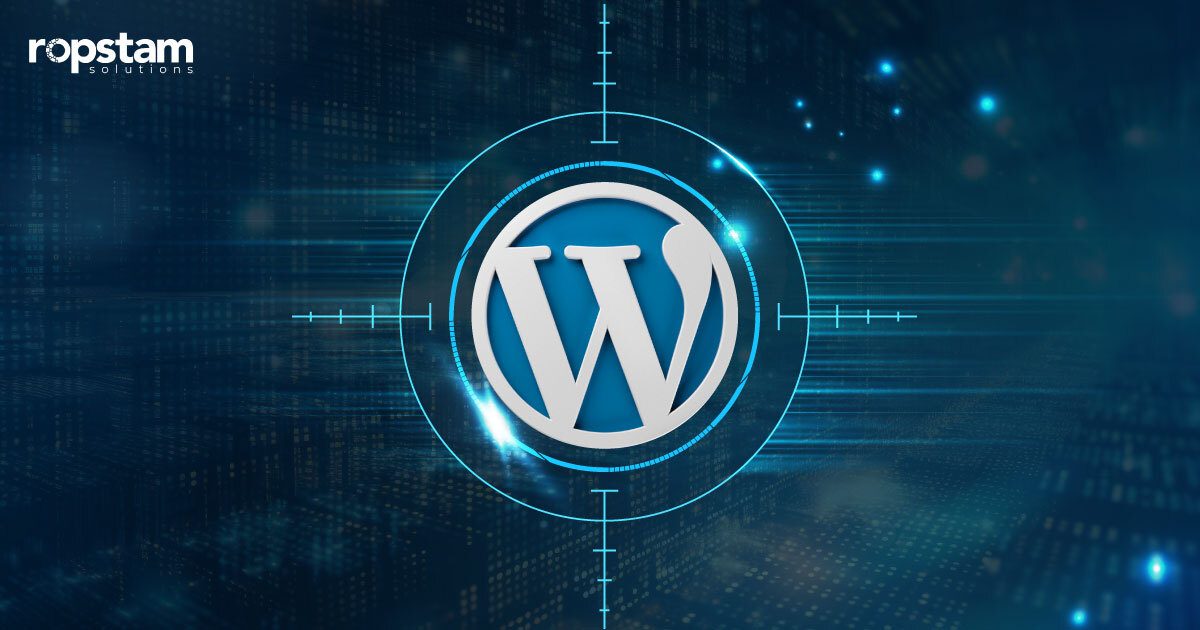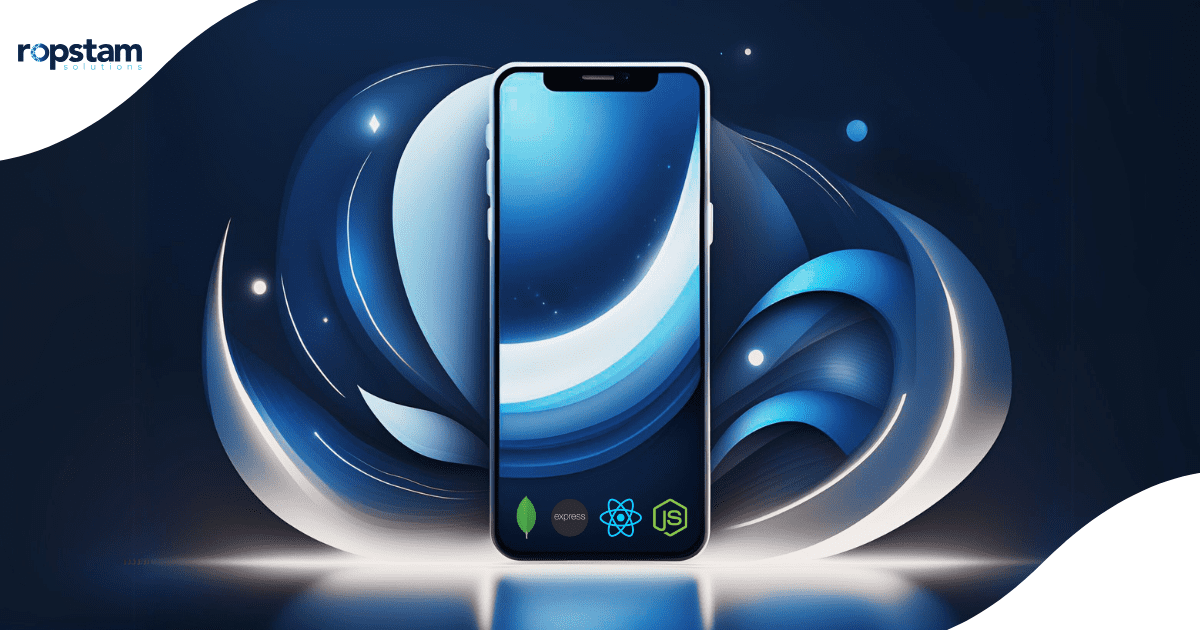NoSQL databases have garnered immense popularity nowadays. Thanks to their scalability, flexibility, and top-notch performance for data storage and processing in non-relational database format, NoSQL databases are considered far ahead of traditional databases, particularly when it comes to big data.
But with so many options available, selecting the best NoSQL databases can prove to be more difficult than it sounds. Lucky for you, here I have compiled a list of the best open-source NoSQL databases, underlining the key features and specifications of each.
Best free open-source NoSQL databases for Developers
Open-source and free NoSQL databases are particularly important because they are freely available to developers, promoting innovation and collaboration within the community.
Moreover, these databases play a crucial role in the development of modern applications that require scalability, high performance, and the ability to handle complex data structures. As data continues to grow both in volume and complexity, open-source NoSQL databases are becoming indispensable tools for developers looking to build flexible and efficient systems.
Now that you are familiar with the basic concept of a NoSQL database, here I will walk you through some of the most widely used open-source and free NoSQL databases for personal or commercial use:
| Popular NoSQL Databases | Key Features |
| MongoDB |
|
| Apache Cassandra |
|
| Apache HBase |
|
| Redis |
|
| Neo4j |
|
| Riak |
|
| OrientDB |
|
| RavenDB |
|
| Hypertable |
|
| Apache CouchDB |
|
1. MongoDB:
MongoDB is the leading document-oriented NoSQL database ideal for developers who need to build scalable, high-performance applications quickly. By storing flexible JSON-like documents, this highly agile database makes it easy for developers to represent complex, ever-changing data without restricting or overly complicating schema.
Such is the popularity of this NoSQL document database that companies like eBay, Cisco, and Adobe rely on MongoDB for its dynamic schemas and native horizontal scaling to handle rapidly growing data volumes cost-effectively.
2. Apache Cassandra:
Apache Cassandra is a highly scalable, distributed NoSQL database designed to handle massive amounts of data across many commodity servers. It provides high availability with no single point of failure. Suitable for applications that can’t afford to lose data, Cassandra is often used by businesses that require fast, scalable, and reliable online applications.
3. Apache HBase:
A column-family NoSQL database built on top of Hadoop, Apache HBase is designed for real-time read/write access to big data with horizontal scalability. HBase is an ideal choice for applications that require random, real-time access to large datasets, such as those used in the Internet of Things (IoT) or user analytics.
4. Redis:
Redis is an in-memory key-value data store that also supports data structures such as strings, hashes, lists, sets, and sorted sets. With its in-memory caching, Redis delivers unparalleled speed, making it ideal for high-performance jobs such as caching, session management, gaming leaderboards, and real-time analytics.
5. Neo4j:
Neo4j is a native open-source graph database built from the ground up to manage, store, and query highly connected data more efficiently than tradtional relational databases. With its graph data model, Neo4j excels at powering today’s connected data applications, including social networks, fraud detection, recommendations, and master data.
Not to mention that this well-known database is robust, ACID-compliant, and offers a Cypher query language to traverse enormous networks at scale quickly.
6. Riak:
Riak is a distributed NoSQL database that offers high availability, fault tolerance, operational simplicity, and scalability. It’s especially suited for web-based businesses that need to store and retrieve large amounts of data without any interruptions, like in content delivery networks and mobile applications.
7. OrientDB:
OrientDB is a multi-model NoSQL database that supports graph, document, object, and key/value data models. Its flexibility makes it preferable for software applications that require a combination of these models and need to manage complex data relationships, like content management systems and real-time recommendation engines.
8. RavenDB:
RavenDB is a document-based NoSQL database with multi-document ACID transactions. It is designed to be easy to use and to deliver high performance. It is particularly well-suited for applications with complex data models that still require the safety of ACID transactions, such as financial services and e-commerce platforms.
9. Hypertable:
Hypertable is a high-performance open-source NoSQL database modeled after Google’s BigTable architecture for handling enormous datasets efficiently. Designed to be massively scalable, Hypertable partitions data across a cluster and delivers low-latency queries, making it suitable for large-scale web indexing and big data analytics.
Hypertable incorporates robust support for MapReduce batch processing to analyze big data on Hadoop or a computer cluster.
10. Apache CouchDB
Apache Couch DB is a well-known a single node database that enables you to store and access your data with relative ease. This open-source project can also be scaled up for more complicated projects, underlining the level of flexibility it offers. It has been primarily designed to offer reliability coupled with a stringent cash-resistant structure that ensures data is never lost in a state of emergency.
What is a NoSQL database?
A NoSQL database is a non-relational data management system that allows for storage and retrieval of data without the need to define a structured schema first.
Unlike traditional SQL databases, which use a tabular schema, NoSQL databases are built to handle a wide variety of data models, including document, key-value, wide-column, and graph formats. This flexibility makes them particularly well-suited for big data and real-time web applications, as they can manage large volumes of unstructured data and even scale out across multiple servers.
How to choose the best source NoSQL database for your project?
With so many options at your disposal, the lingering question remains: what approach should you follow to select the most suitable NoSQL database? Here is a step-by-step guide to help you make an informed decision:
1. Determine your data needs
First and foremost, you need to understand the characteristics of the data you want to store. Consider the data types, structures, relationships between data, and how the data will be queried and accessed.
- What data models do you need to support – key-value, document, columnar, graph, etc?
- How much data do you need to store now and in the future?
- What are your performance, scalability, and availability requirements?
- What types of queries and analytics will you run?
Getting clear on your specific data needs is crucial for determining which database will best fit your use case.
2. Evaluate database capabilities
With your requirements defined, make a list of candidate open-source NoSQL databases and do a capability analysis.
- Can they handle your needed data models and query types efficiently?
- Do they have the ability to scale smoothly as your data grows?
- Do they offer the performance and availability your use case demands?
- Will they integrate well with your existing tech stack?
Thoroughly examine the technical capabilities of each database option against your checklist. Then, one by one, eliminate any that fail to meet your must-have criteria.
3. Perform proof-of-concept testing
Install and do proof-of-concept testing with your top database contenders using a sample dataset. Benchmark how well each performs with factors like data loading time, query speed and performance, scalability under increased data volumes, ease of use for developers, and hands-on testing.
By evaluating the performance of each database, you will get an idea of the real-world strengths and limitations of each solution for your unique needs.
4. Evaluate the ecosystem
Look beyond just the database itself and evaluate the broader ecosystem around it. Answer these questions to get a clearer picture:
- Is there an active community providing support and additional resources?
- Are connectors, integrations, and drivers available for your existing infrastructure?
- How often is the database updated with new features, patches, and upgrades?
- The ecosystem will impact long-term success – be sure it’s robust.
5. Consider developer experience
For smoother adoption, factor in how easy the database is for your team to use and build with. Before making the final decision, you must ensure that your team is comfortable with the query languages and technicalities involved in that NoSQL database.
- How advanced is the query language?
- How steep is the learning curve?
- Is documentation and training readily available?
Final thoughts
Open-source NoSQL databases have become immensely important with the increasing significance attributed to big data. From MongoDB to Riak, there are tens of database systems accessible to users as per their preference. It is important, however, that you carefully access the data and answer all your queries related to the database needs before selecting the ideal NoSQL database.
At Ropstam Solutions, we have a team of experienced web app and mobile app developers who smoothly integrate their projects with noSQL databases. Over more than a decade, we have created a legacy of delivering high-quality projects on time with all the requirements. If you are interested in our services, contact us now.

